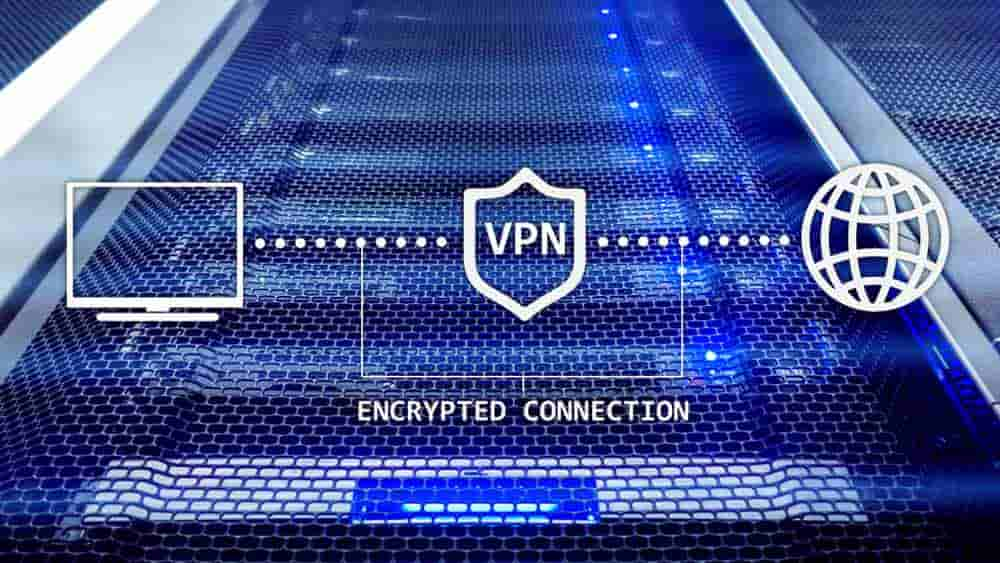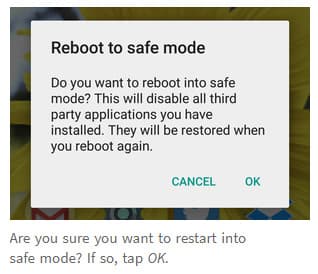A VPN being “worth it” really depends on your situation. If you’re a political activist or journalist living under a repressive regime, a reliable VPN may be critical to your continued freedom. However, for most people, it’s a lot more difficult to decide. This guide will discuss the reasons you may need or want a VPN in 2020.
There are four main reasons that a VPN can be worth it: beating region locking, bypassing censorship, avoiding ISP monitoring and interference, and to secure your communications on a public network.
Contents
Bypassing Region Locks
A lot of content on the internet, from news sites to media on legitimate streaming sites are restricted by region locks. While sites like Netflix may own the streaming rights for a show in the US, they may not own the rights to stream the same show worldwide. Finding out that something is “not available in your region” can be really annoying.
VPNs are a great way to bypass these region locks. For bypassing region locks, the two main requirements of a VPN are it having an endpoint in the location you want, and unrestricted data usage. A free VPN may work here, providing you can find one that allows unlimited data usage and isn’t blocked by streaming sites.
Bypassing Censorship
If you’re living in a country that restricts access to the internet, using a VPN can help you bypass government censorship. Freedom of thought and expression are important to most people, but you should be aware that there are likely legal repercussions for attempting to bypass government censorship.
Some companies also restrict access to the internet on their corporate network and devices. Generally bypassing these restrictions would involve violating a company policy that could result in disciplinary actions.
Paid VPNs are likely to be properly secured but leave a financial paper-trail, free VPNs avoid the paper-trail but may not be as reliably secure. Either will be visible to a network administrator who is looking for it. Understanding your local legal or contractual restrictions and punishments should also be a part of deciding if using a VPN to bypass government or corporate censorship is worth it.
Avoiding ISP Monitoring and Interference
ISPs have the ability to monitor your internet usage whenever they want. While they generally have far too many customers to actively monitor anyone, they will log a lot of data that can be used to look back into historical usage.
Some ISPs, especially in the US have been found to inject adverts into web pages their users are viewing, in an attempt to earn extra revenue. While this only works for plain text sites, as they can’t modify the encrypted data of HTTPS sites, this is still generally unnerving. When you pay for a service like access to the internet, you don’t want your ISP actively modifying the pages you view, especially not to see more ads.
Avoiding ISP monitoring and tracking is a very popular reason to use a VPN. One thing to be aware of is that any VPN you use has the ability to do exactly the same thing. If the VPN is based in a country with fewer legal restrictions than yours, you may actually be making things worse. Additionally, free VPNs will be trying to make money somehow, injecting ads and selling your usage data are their most likely routes. If these are your reasons to use a VPN, you may want to consider a paid option.
Securing your Communications on a Public Network
Using a public Wi-Fi hotspot can run the risk that a hacker is monitoring all the data on the network, to find anything they can to steal or gain access. A VPN encrypts all your traffic into and out of the network and protects you from this type of attack.
A free VPN will be monetising you somewhere, while you may accept ads or even the selling of your browsing data to avoid this risk. It’s entirely possible that they could be doing exactly the same thing as the hacker you were trying to avoid. A paid VPN is the safest way to access the internet as you can, generally, trust that they aren’t monetising you and your data in another way.
Conclusion
Finding a free VPN that does what you need, and is trustworthy and reliable can be difficult. The real choice you have is how much money do you think is “worth it”. Five or ten pounds or dollars a month may be worth it for some, especially if their livelihood relies on it, but others may not agree. Neither choice is right or wrong, but there are certainly reasons that a VPN can be worth it.



